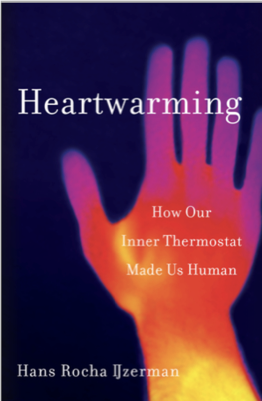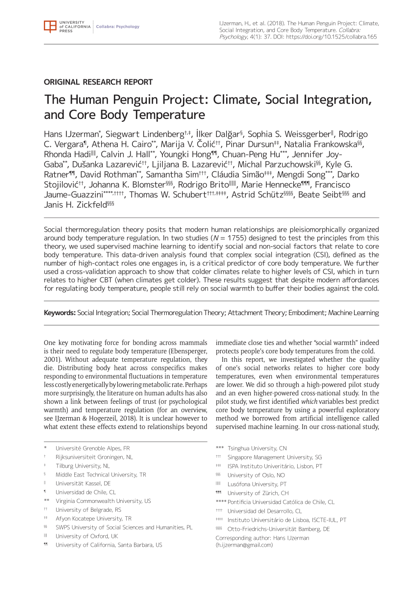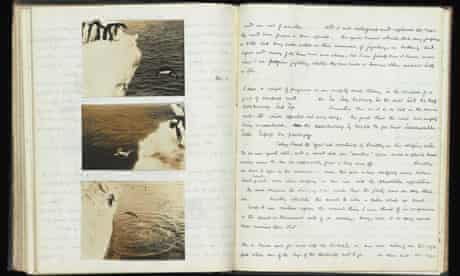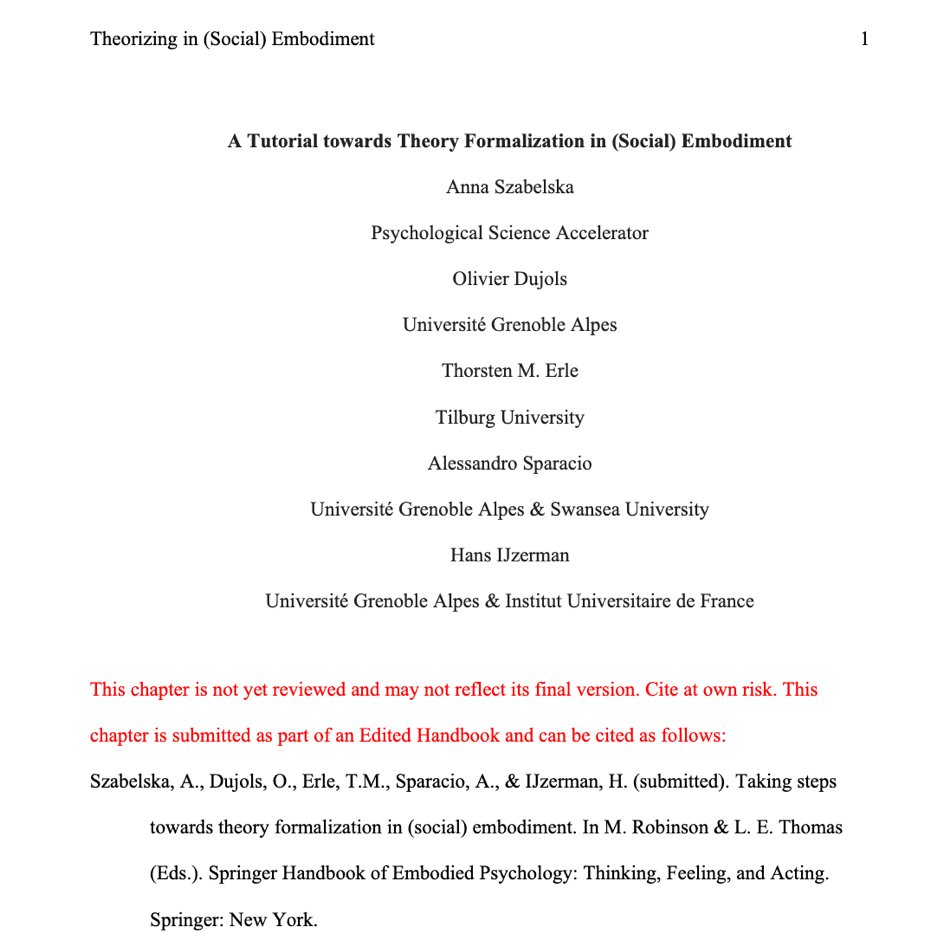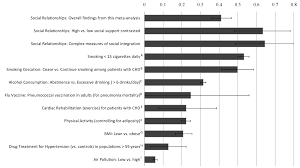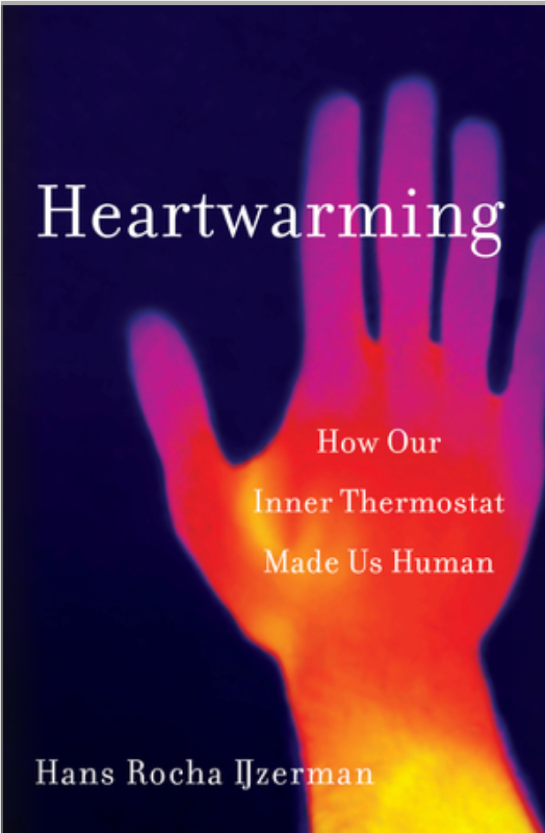In a little bit over two weeks, my first book will come out ( https://wwnorton.com/books/heartwarming). In this thread, I want to highlight some research I discuss and some cool “facts” I discovered while doing the research for the book 1/24
The book combines insights from behavioral ecology, linguistics, and various subdisciplines in psychology. While reading @georgelakoff’s work certainly inspired me to do this in the first place, I have now deviated repeatedly from conceptual metaphor theory. 2/24
A lot of the work has been particularly inspired by work on social thermoregulation in animals other than humans, particularly on huddling. Huddling in various rodents can save energy from 8 – 53, as a review by Caroline Gilbert and colleagues show. https://pubmed.ncbi.nlm.nih.gov/20039866/ 3/24
Particularly influential in changing my perspective on social thermo has been @jimcoan @lane_beckes and their social baseline theory. Jim was really able to drive me away from conceptual metaphor theory and think in a less “cognitive” way about social thermoregulation. 4/24
Another group that has educated me about thermoregulation is ThermoNED, a Dutch group of thermoregulation researchers of all stripes (including @boriskingma @hannahpallu), where I learned about things like the thermoneutral zone and brown adipose tissue. 5/24
(you should read an article on @boriskingma’s work in the New York Times, which suggested that most buildings are based on the metabolic rates of men (and of a specific size of a man). https://www.nytimes.com/2015/08/04/science/chilly-at-work-a-decades-old-formula-may-be-to-blame.html 6/24
One effect of our own that I discuss and for which the underlying mechanism still puzzles me is the relationship between core body temperature, equator distance, and social network diversity, where more diverse networks relate to higher core body temperatures 7/24
One other researcher that inspired me to think more deeply about (social) thermoregulation is Evelyn Satinoff, who proposed a kind of neural reuse idea avant la lettre. https://pubmed.ncbi.nlm.nih.gov/351802/ 8/24
Yet another researcher that inspired me to think beyond how psychologists typically work is Masha Koptjesvkaja-Tamm. Her work on the linguistics of temperature is just really “cool” https://benjamins.com/catalog/tsl.107#:~:text=The%20volume%20is%20the%20first,to%20freeze%2C%20etc.). 9/24
One fact that I read about long before I did research for the book is behavior by penguins. Oftentimes hailed by US conservatives as evidence of natural design, a deeper look in 2012 into George Levick’s work on penguins showed that he observed them engaging in necrophilia. 10/23
(A heartbreaking video of a penguin committing suicide can be seen in @WernerTwertzog video: https://www.youtube.com/watch/zWH_9VRWn8Y). 11/24
Another interesting fact concerns kleptothermy: the behavior across the animal kingdom of “stealing heat” (which amphibious sea snakes of New Caledonia engage in, for example). The book is full of these little "cool" "facts". 12/24
There is even an allusion to GRIM in the book, as @Iropovik and I discovered a serious GRIM error in one of the studies we looked at for a meta-analysis. 13/24
The balance between telling the story as I think is correct and how psychology has changed was challenging, but I hope to have been at least consistent with our recent commentary in @NatureHumBehav ( https://www.nature.com/articles/s41562-020-00990-w) 14/24
(I discuss, for example, that what we have done on social thermoregulation is not much better than a plausible verbal, not *yet* a formal theory, which we also discuss in this recent preprint). https://psyarxiv.com/htwmx/ 15/24
And boy, has this research been a ride. On p. 100 in the book: “It turned out that my prediction was dead wrong.” P. 109: “We were very wrong.” P. 137: “I was wrong (again).” P. 158: “We were wrong (yet again).” P. 211: “and proved that I was wrong (again!)” 16/24
Writing this book at the very least taught me that I am wrong very often. 17/24
We will get to higher quality theories, due to what I learn from @psysciacc, @OSFramework, people working on formal theories (e.g., @IrisVanRooij @zerdeve, and to people focusing on measurement (brief shout out to schmeasurement in book as well, @EikoFried @JkayFlake). 18/24
In the first chapter, I could not avoid the 2008 findings that since have become more controversial (warm cup -> perception of more sociable personality). And, while I don’t buy the findings anymore, it is what started me off with this research in the first place. 19/24
In Chapter 5 however, I discuss the replication work by @DermotLynott @katiecorker and others, who were not able to reproduce the early findings. (I do discuss in a footnote as well that I disagree with @charlieebersole et al. though) 20/24
It did give me the chance to point out that @leraboroditsky’s time-space findings could be successfully replicated by @charlieebersole et al. 21/24
One of the puzzles I hope to crack in the future (with @olivierdujols and others) is to see whether and how social thermoregulation contributes to the link between relationships and health, as is pointed out in the work by @jholtlunstad et al. 22/24
Anyways, I hope you give the book a read and I hope you tell me what you think! https://wwnorton.com/books/heartwarming.
Finally, I am immensely grateful to @quynh_do for her feedback on the book. Her feedback was superb and to the point. I am also very grateful to @wwnorton for giving this book a chance. Thanks also, @gustavnilsonne (and others not on twitter) for their feedback on the book! 24/24
and as a PS: thanks also to Helen Fisher from @kinseyinstitute, Frans de Waal from @EmoryUniversity, and Antonio Damasio from @USC for reading the book and saying a few words about it!

 Read on Twitter
Read on Twitter